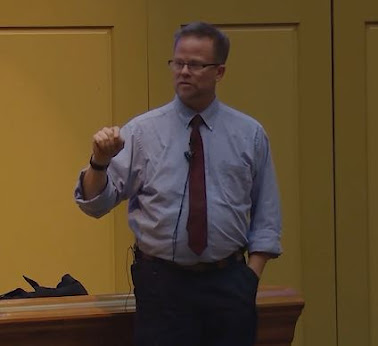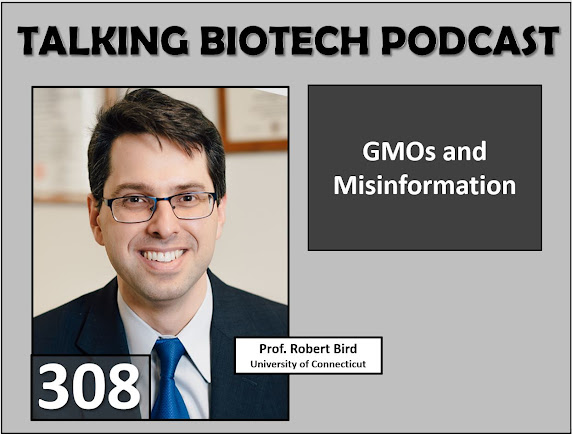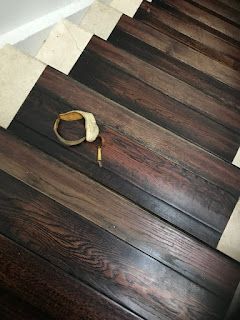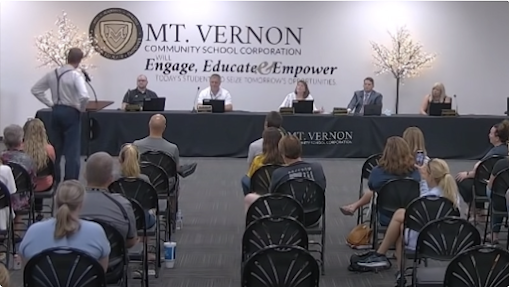Seed Sovereignty? Not So Fast Farmers...

For the last 25 years I've listened to the tired argument that Monsanto controls farmer seed choice. Over and over again. Even since the hated seed company has ceased to exist, I still hear the same boring trope. This is the position of activist groups and their parrots, and others that never actually tried to tell a farmer what they would be allowed to grow on their space. Farmers choose what is best for their land, their schedule, their budget, input availability, and dozens of other factors. Cotton, corn, soybean canola and sugarbeet growers oftentimes choose genetically engineered seeds containing the traits that serve their production system and support their bottom line. Farmers control farmer seed choice. Unless you are a corn farmer in Mexico that wishes to use traited seeds. Anti-biotech activists feel that Mexican farmers should have the unrestricted freedom to choose any maize varieties they wish to plant -- from the list of ac...





